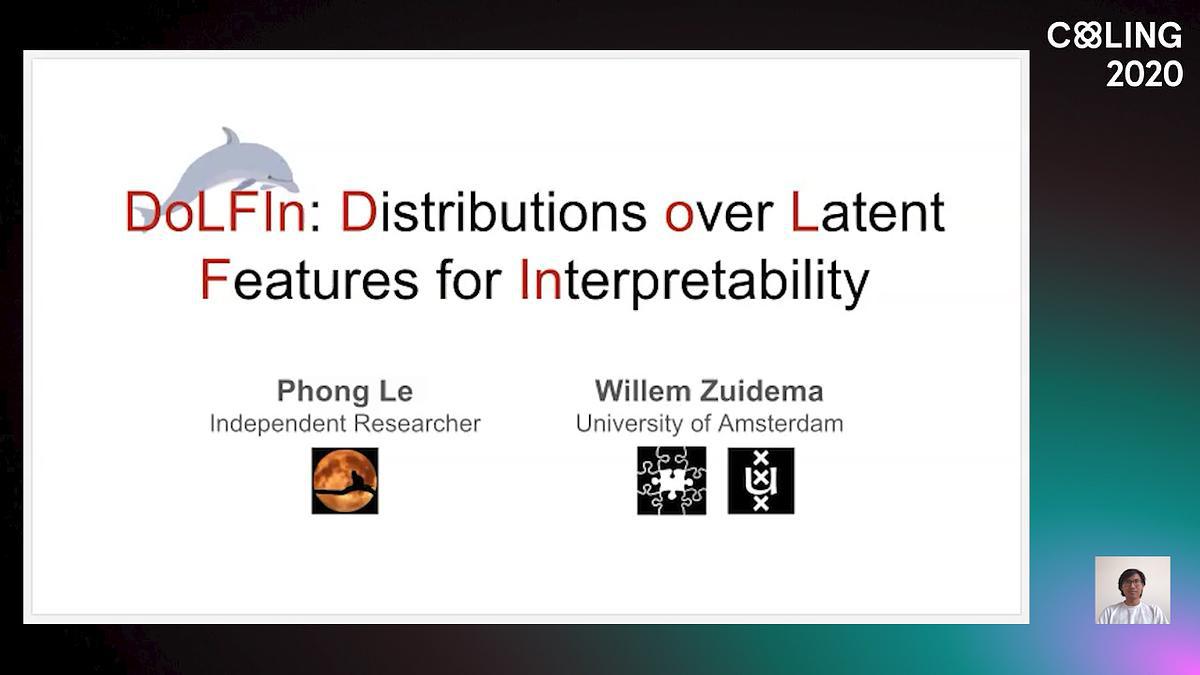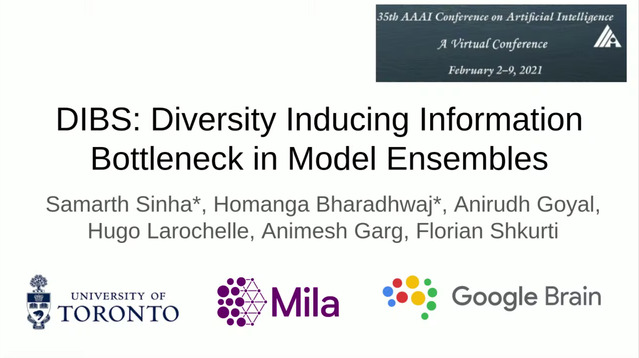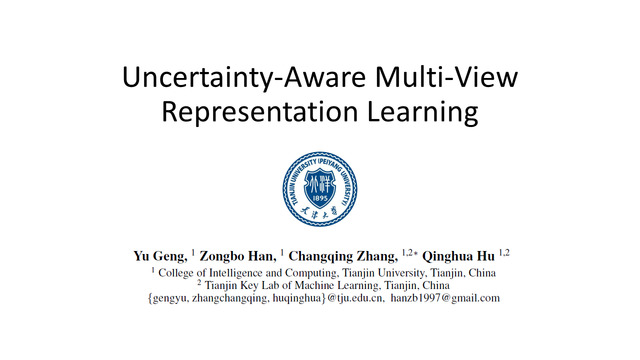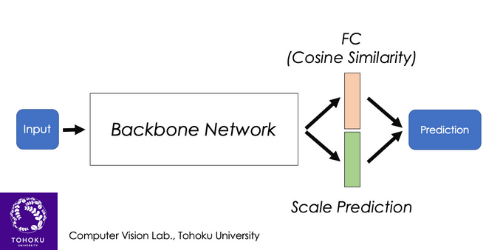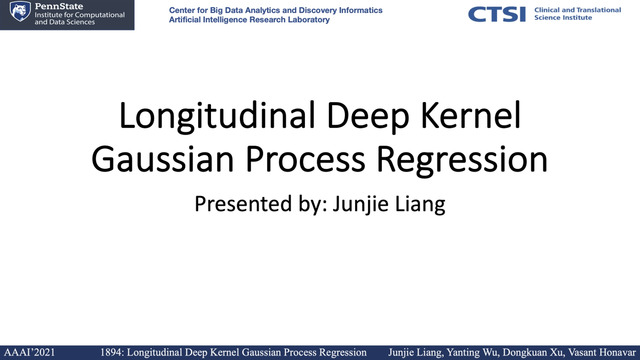Abstract:
Deep learning models achieve high predictive accuracy in a broad spectrum of tasks, but rigorously quantifying their predictive uncertainty remains challenging. Usable estimates of predictive uncertainty should (1) cover the true prediction target with a high probability, and (2) discriminate between high- and low-confidence prediction instances. State-of-the-art methods for uncertainty quantification are based predominantly on Bayesian neural networks. However, Bayesian methods may fall short of (1) and (2) — i.e., Bayesian credible intervals do not guarantee frequentist coverage, and approximate posterior inference may undermine discriminative accuracy. To this end, this paper develops the discriminative jackknife (DJ), a frequentist procedure that uses higher-order influence functions (HOIFs) of a trained model parameters to construct a jackknife (leave-one-out) estimator of predictive confidence intervals. The DJ satisfies (1) and (2), is applicable to a wide range of deep learning models, is easy to implement, and can be applied in a post-hoc fashion without compromising model accuracy. Experiments demonstrate that DJ performs competitively compared to existing Bayesian and non-Bayesian baselines.













